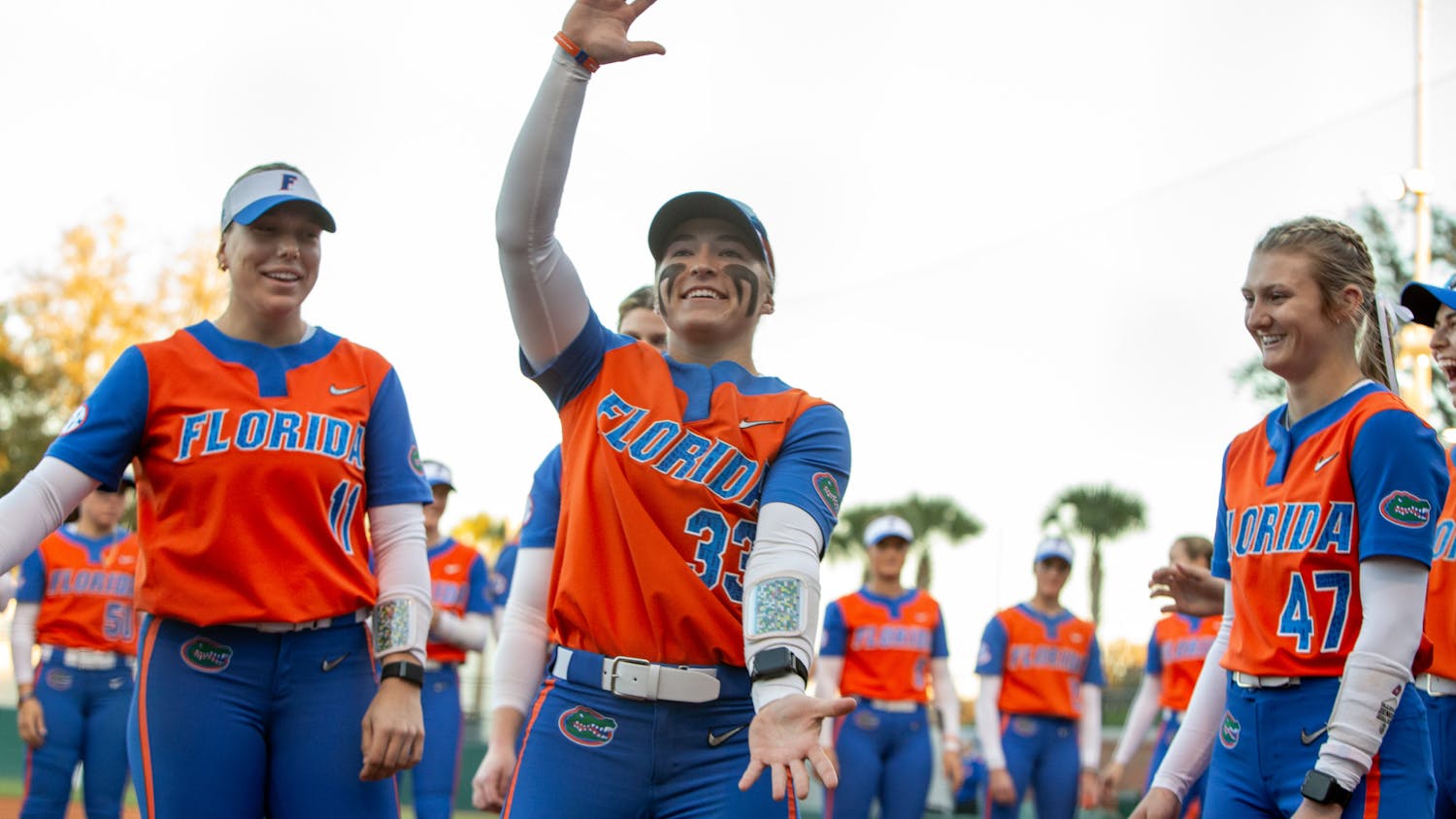America's economic downturn has ushered in tumultuous financial times across college campuses, leaving some schools to employ questionable tactics during the admissions process.
According to an article in The New York Times, prospective students able to pay tuition out of pocket, as opposed to relying on financial aid, have become the apple of admissions officers' eyes in the wake of mounting budget cuts.
Unfortunately, doing this goes against the general practice employed by universities in which applicants' academic futures are determined on a need-blind basis.
By disregarding the custom of admitting students regardless of their zip code or lack of Ferrari, schools across the nation are serving to limit the collegiate possibilities for teenagers from lower-income families.
The changes to the application process have resulted in wealthy parents discouraging their sons or daughters from indicating on their applications an interest in financial aid - thereby boosting their chances for admission.
For schools like Brandeis University, simply manipulating their admission practices has allowed the college to continue to consider themselves need-blind.
Since Brandeis' international, wait-listed and transfer students are judged based upon their financial backgrounds, the school has resorted to accepting more applicants who fall under such distinctions.
The Editorial Board understands that the current economic climate has forced the hands of college presidents into making difficult budget cut decisions.
But wealthier students shouldn't be shown favoritism over those who are less affluent with otherwise equal applications.





